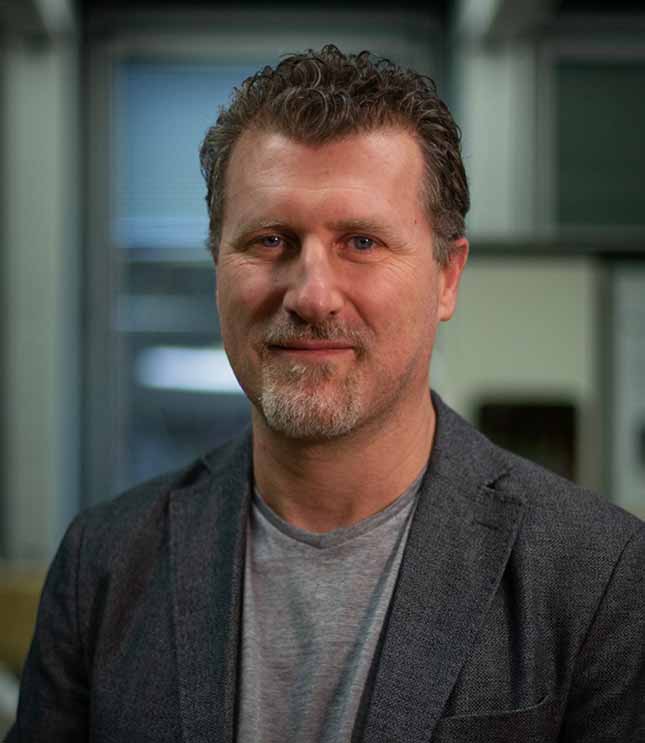LLCPS vs LLPS: analogies and difference
Abstract: In this talk, I will compare the process of Liquid-Liquid Phase Separation (LLPS) of flexible macromolecular solutions with the Liquid-Liquid Crystalline Phase Separation (LLCPS) of semiflexible polymers and rigid filamentous colloids, which involves the formation of a liquid phase that possesses a directional alignment. Although the observed phase separation follows a similar dynamic path, namely nucleation and growth or spinodal decomposition separating two phases of dilute and concentrated compositions, the underlying physics that defines the theoretical framework of LLCPS is completely different from the one of LLPS. I will review the main theories that describe the phase separation processes and relying on thermodynamics and dynamical arguments, I will highlight the differences and analogies between these two phase separation phenomena, attempting to clarify the inner mechanisms that regulate those two processes. A particular focus will be given to metastable phases, as these intermediate states represent a key element in understanding how phase separation works. Benchmark of LLCPS theories to the case of amyloid fibrils phase separating from an initially homogeneous solution will be discussed via experimental findings from my group.
About the speaker: Raffaele Mezzenga received his master’s degree (Summa Cum Laude) from University of Perugia, Italy, in Materials Science and Engineering, while actively working for the European Center for Nuclear Research (CERN), Geneva, and NASA, Houston, in problems related to the interaction between elementary particles and polymer-based structures (NASA Space Shuttle Discovery mission STS91). In 2001 he obtained a PhD in Polymer Physics (with honors), from the Swiss Federal Institute of Technology, Lausanne (EPFL), focusing on the thermodynamics of thermoset-hyperbranched polymer reactive blends. He then spent 2001-2002 as a postdoctoral scientist at University of California, Santa Barbara, working on the self-assembly of polymer colloids for the design of new semiconductive organic materials. In 2003 he joined as research scientist the Nestlé Research Center (NRC), in Lausanne, working on the self-assembly of surfactants, natural amphiphiles and lyotropic liquid crystals. In 2005 he joined as Associate Professor the Physics Department of the University of Fribourg where he has been a board and founding member of the Fribourg Center for Nanomaterials (Frimat). He joined ETH Zurich in 2009 to start a new group on Foods and Soft Materials Science. His research focuses on the fundamental understanding of self-assembly processes in liquid crystalline polymers, supramolecular polymers, lyotropic liquid crystals and biological colloidal systems. Prof. Mezzenga has a visiting Professorship from Helsinki University of Technology, he has been a Nestlé Distinguished Scientist, is a board member of the Polymer and Colloid Division of the Swiss Chemical Society, and recipient of the 2004 Swiss Science National Foundation Professorship Award.
